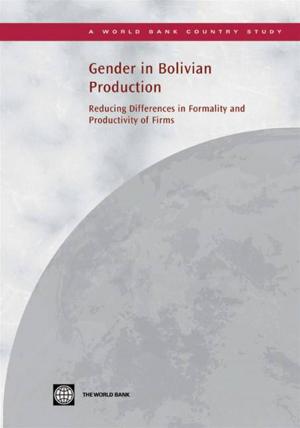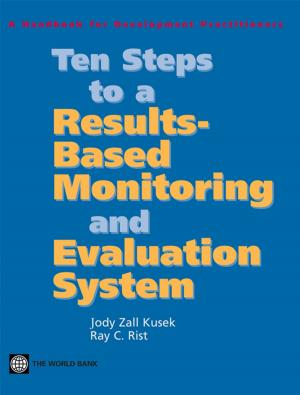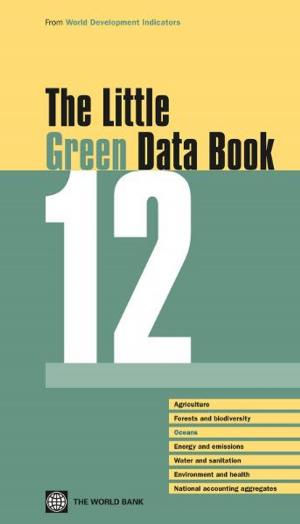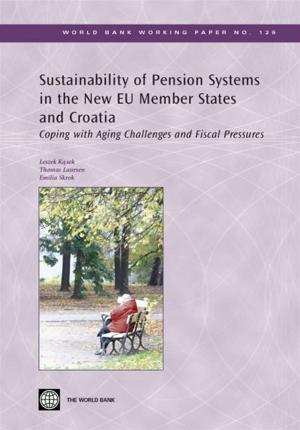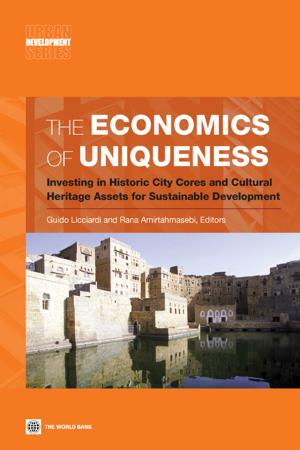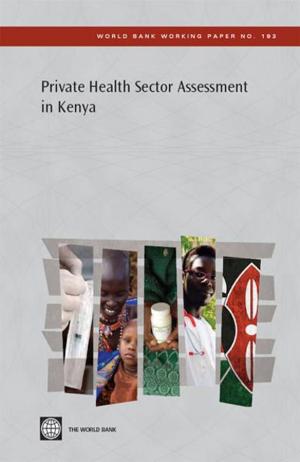Intergovernmental Reforms In The Russian Federation: One Step Forward, Two Steps Back?
Nonfiction, Social & Cultural Studies, Political Science, International| Author: | De Silva Migara O.; Galina Kurlyandskaya; Golovanova Natalia; Andreeva Elena | ISBN: | 9780821379677 |
| Publisher: | World Bank | Publication: | July 29, 2009 |
| Imprint: | Language: | English |
| Author: | De Silva Migara O.; Galina Kurlyandskaya; Golovanova Natalia; Andreeva Elena |
| ISBN: | 9780821379677 |
| Publisher: | World Bank |
| Publication: | July 29, 2009 |
| Imprint: | |
| Language: | English |
This study represents the most comprehensive review of fiscal federalism in the Russian Federation, presenting a strong case for greater decentralization. Given its vast size, immense diversity - including economic, geographic, cultural, ethnic, and historical differences across regions - Russia is a prime candidate for decentralization. By succinctly surveying the literature on fiscal decentralization and clearly spelling out the main concepts, the volume sets the stage for the subsequent description of the fiscal system in Russia and its evolution through a succession of reforms guided by a desire on the part of Russian policymakers to craft a workable system of fiscal federalism. The authors not only describe the state of fiscal federalism in Russia at its key turning points, but they also provide insightful critical assessments of the reforms introduced at each stage. The book is rich with examples, which makes it an easy and exciting reading. The book's analysis of the history gives perspective to the authors' assessment of the current state of Russia's federalism. The authors make a strong case for greater decentralization in Russia based not only on the traditional economic benefits of fiscal federalism but also on the political benefits from local government competition. The richness of detail and the careful tracing of the reforms over the past nearly two decades also mean that this study will be an invaluable guide to both current observers with academic and policy interest in the recent fiscal federalism reforms as well as Russia's fiscal evolution since the early 1990s and its current fiscal challenges.
This study represents the most comprehensive review of fiscal federalism in the Russian Federation, presenting a strong case for greater decentralization. Given its vast size, immense diversity - including economic, geographic, cultural, ethnic, and historical differences across regions - Russia is a prime candidate for decentralization. By succinctly surveying the literature on fiscal decentralization and clearly spelling out the main concepts, the volume sets the stage for the subsequent description of the fiscal system in Russia and its evolution through a succession of reforms guided by a desire on the part of Russian policymakers to craft a workable system of fiscal federalism. The authors not only describe the state of fiscal federalism in Russia at its key turning points, but they also provide insightful critical assessments of the reforms introduced at each stage. The book is rich with examples, which makes it an easy and exciting reading. The book's analysis of the history gives perspective to the authors' assessment of the current state of Russia's federalism. The authors make a strong case for greater decentralization in Russia based not only on the traditional economic benefits of fiscal federalism but also on the political benefits from local government competition. The richness of detail and the careful tracing of the reforms over the past nearly two decades also mean that this study will be an invaluable guide to both current observers with academic and policy interest in the recent fiscal federalism reforms as well as Russia's fiscal evolution since the early 1990s and its current fiscal challenges.

